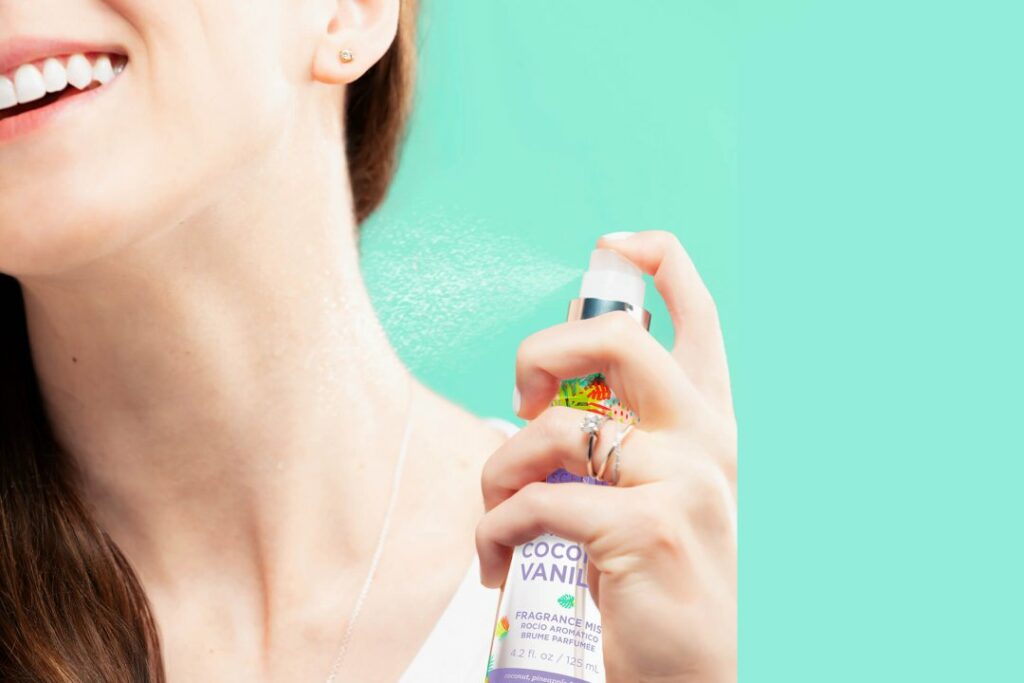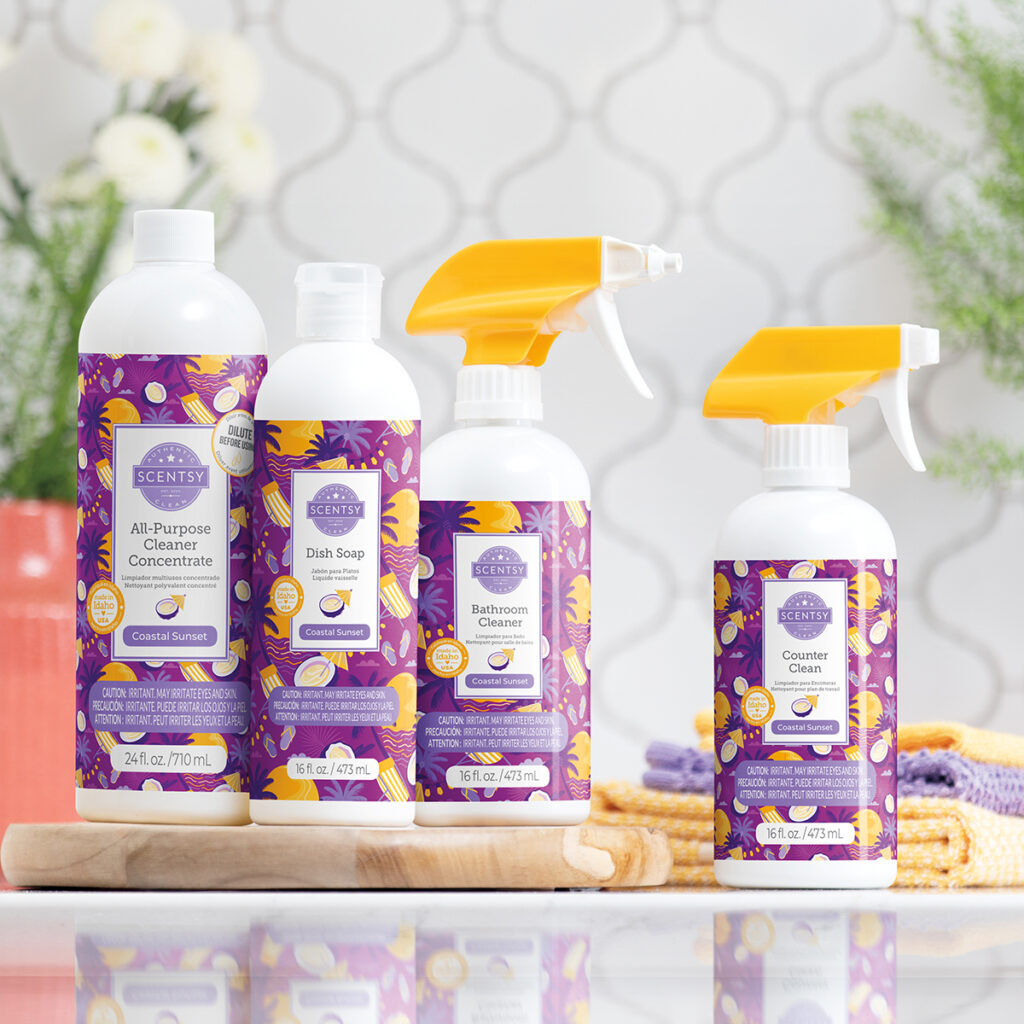A brief history of fragrance

Fragrance in the ancient world
The word perfume comes from the Latin phrase per fumus, meaning “through the smoke,” an origin that speaks to some of the earliest uses of fragrance. The burning of incense and other aromatics were an important part of religious ceremonies in many ancient cultures, including India, Egypt, Greece, and Rome. They saw fragrance as a way to bridge the gap between the earthly and the divine.
However, the earliest use of what we would call perfume today actually comes from Babylonian Mesopotamia. According to cuneiform tablets from 1200 BCE, a woman named Tapputi created various fragrant oils for royal patrons. Through her experimentation, Tapputi isn’t just the first perfume maker — she’s the first chemist in history!
Scents of the Middle Ages
Many of today’s fragrance trends can be traced back to the Medieval period. Scents like rose, musk and jasmine began to be widely distilled in the 6th century by Islamic merchants and religious leaders, combining these local fragrances with herbs and spices imported along the silk road. These perfumes made their way to Europe, where they became popular among the aristocracy. Medieval medical practitioners also began using such perfumes to combat disease, believing that illness was spread by foul odors.
The perfume renaissance
Both the aristocratic popularity of perfume, and the (not entirely accurate) association between fragrance and hygiene would outlast the Medieval era. Perfumed gloves and wigs were in high demand, with guilds catering to both the nobility and wealthy merchants. Thanks to the patronage of the French monarchy, the Grasse region of France became the epicenter of this growing fragrance industry, and remains the perfume capital of the world to this day!

A fragrant revolution
As technology advanced and cities became more densely populated, masking body odor became an increasingly pressing concern. At the end of the 19th century, Aime Guerlain, the “Inventor of Modern Perfumery,” created Jicky, the first known fragrance to blend natural and synthetic materials. These developments made perfumed products more widely available to the burgeoning middle class. For the first time, great fragrance was no longer exclusive to the rich and powerful.
A scent of modernity
The 1900s saw fragrance become an increasingly common part of everyday life. Francois Coty revolutionized the industry by introducing perfume to the mass market, making it more affordable for working families. Coty is also credited with realizing the value of prestige and presentation when marketing such fragrances. Enter the advent of iconic scents, such as Chanel No. 5 and CK One.
Today’s fresh fragrances
Needless to say, we stand on the shoulders of giants. From Tapputi’s earliest experimentations to the innovations of Coty and Guerlain, fragrance has a rich, layered history. In fact, even though our modern understanding of hygiene has improved considerably since the Middle Ages, we still want effective soap and cleaning products to smell great while fighting germs!

Latest Articles

Available Jan. 1 Bundles: Products:

Returning classics are coming soon with Bring Back My Bar sales The 20 winning […]

You know how good it feels when you save 50% on something you absolutely […]

DOUBLE HOST MONTH & BBMB & Scentsy Club 𝙎𝙘𝙚𝙣𝙩𝙨𝙮 𝘾𝙡𝙪𝙗 𝙞𝙨 𝙛𝙤𝙧 𝙔𝙊𝙐!! Did […]

Not sure what to get your Man for Valentine’s Day? Let me hook you […]

For the month of January all of your favourite discontinued scents have been voted […]

Cleaning your bathroom can be a daunting task, but with the right tools, it […]

When it comes to creating a cozy and welcoming atmosphere in your home, nothing […]

Spring is here and it’s time to freshen up your home with the latest […]